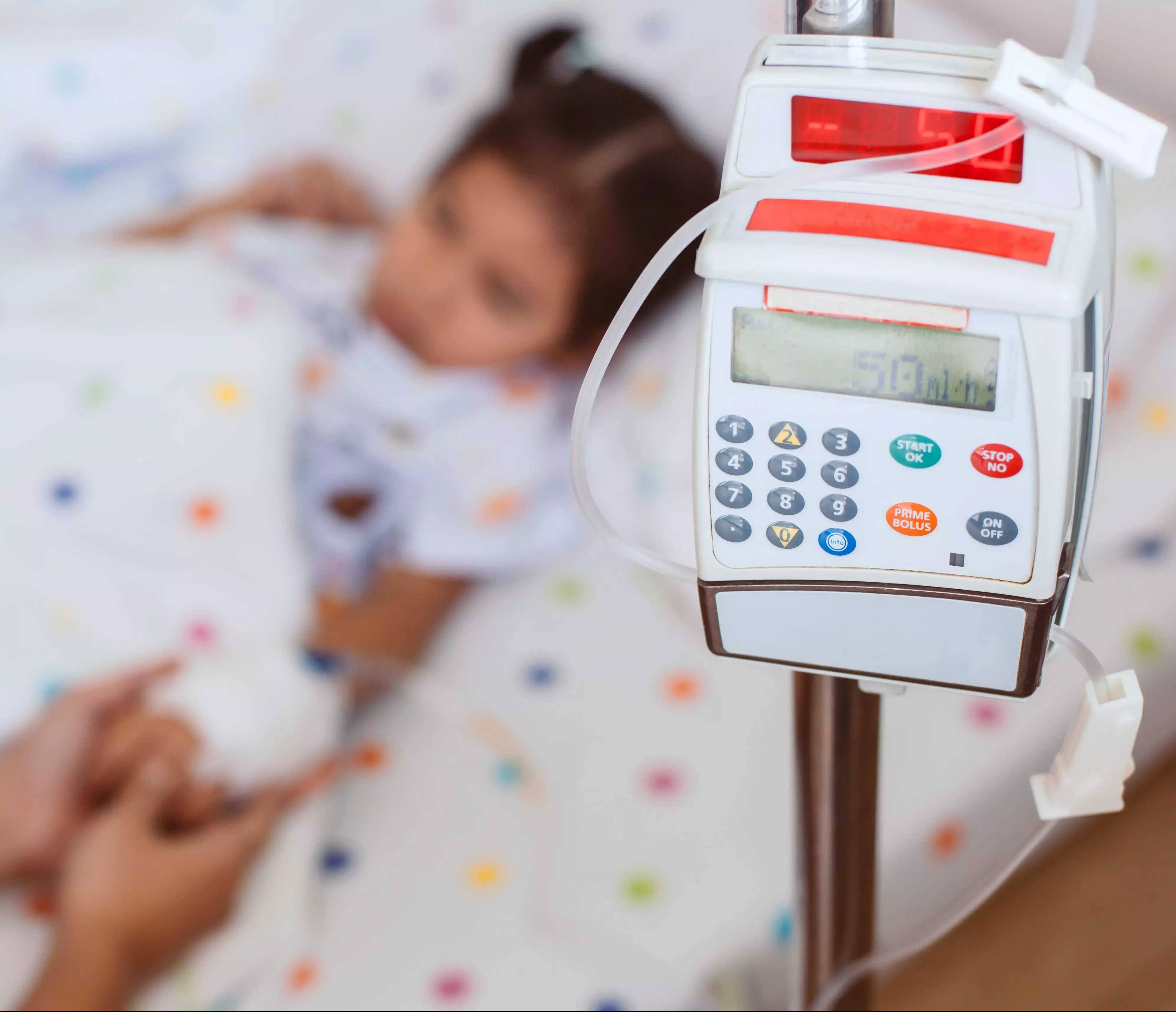- Home
- Medical news & Guidelines
- Anesthesiology
- Cardiology and CTVS
- Critical Care
- Dentistry
- Dermatology
- Diabetes and Endocrinology
- ENT
- Gastroenterology
- Medicine
- Nephrology
- Neurology
- Obstretics-Gynaecology
- Oncology
- Ophthalmology
- Orthopaedics
- Pediatrics-Neonatology
- Psychiatry
- Pulmonology
- Radiology
- Surgery
- Urology
- Laboratory Medicine
- Diet
- Nursing
- Paramedical
- Physiotherapy
- Health news
- Fact Check
- Bone Health Fact Check
- Brain Health Fact Check
- Cancer Related Fact Check
- Child Care Fact Check
- Dental and oral health fact check
- Diabetes and metabolic health fact check
- Diet and Nutrition Fact Check
- Eye and ENT Care Fact Check
- Fitness fact check
- Gut health fact check
- Heart health fact check
- Kidney health fact check
- Medical education fact check
- Men's health fact check
- Respiratory fact check
- Skin and hair care fact check
- Vaccine and Immunization fact check
- Women's health fact check
- AYUSH
- State News
- Andaman and Nicobar Islands
- Andhra Pradesh
- Arunachal Pradesh
- Assam
- Bihar
- Chandigarh
- Chattisgarh
- Dadra and Nagar Haveli
- Daman and Diu
- Delhi
- Goa
- Gujarat
- Haryana
- Himachal Pradesh
- Jammu & Kashmir
- Jharkhand
- Karnataka
- Kerala
- Ladakh
- Lakshadweep
- Madhya Pradesh
- Maharashtra
- Manipur
- Meghalaya
- Mizoram
- Nagaland
- Odisha
- Puducherry
- Punjab
- Rajasthan
- Sikkim
- Tamil Nadu
- Telangana
- Tripura
- Uttar Pradesh
- Uttrakhand
- West Bengal
- Medical Education
- Industry
Novel 1% glucose isotonic electrolyte solution improves kid's safety during intraoperative period: Study

Novel 1% glucose isotonic electrolyte solution is beneficial as intraoperative fluid therapy in children, according to a recent study published in the Journal of International Medical Research.
Fluid therapy is fundamental for safe intraoperative anaesthesia management in children. Inappropriate fluid management can result in several serious complications, including brain damage and mortality. Wider intraoperative glycemic fluctuation is associated with an increased incidence of postoperative acute kidney injury after pediatric cardiac surgery. Perioperative hyperglycemia is associated with poor outcomes, including surgical site infections and increased length of hospital stay; hence, glycemic control remains an important consideration in patients undergoing surgery. Hypotonic fluids can cause hyperglycemia and hyponatremia; thus, they should be avoided intraoperatively. Numerous studies and reports stated that physiologically composed isotonic electrolyte solutions containing 1% to 2% glucose are safe for intraoperative maintenance infusion in children. Isotonic solutions are better than hypotonic solutions in children requiring maintenance intravenous infusion in terms of their sodium content.
An appropriate electrolyte solution is important for safe intraoperative anesthesia management in children. This trial assessed the effectiveness of a novel 1% glucose isotonic electrolyte solution in intraoperative fluid therapy in children.
This trial analyzed data from 100 patients aged older than 1 month with an ASA score of I to II who received general anesthesia. Patients were randomly assigned to receive either the novel electrolyte solution (containing glucose, sodium, potassium, chloride, and bicarbonate) or lactated Ringer's solution intraoperatively as a maintenance fluid. Patient demographics and the results of blood gas analysis at 1, 2, and 3 hours were documented, and changes in glucose and electrolyte concentrations and the acid–base status were analyzed.
The Results of the study are as follows:
During infusion of the novel solution, the glucose and potassium concentrations were stable. Conversely, the solution was linked to increased sodium levels but decreased bicarbonate levels, although both changes were within the physiological ranges. In addition, pH remained stable during the intraoperative period. Hypoglycemia, hyperglycemia, hyponatremia, or hypernatremia was not detected.
Thus, the researchers concluded that the novel 1% glucose isotonic electrolyte solution helped to maintain glucose and electrolyte concentrations and acid–base stability, and it may therefore improve children's safety during the intraoperative period.
Reference:
Effectiveness of a novel 1% glucose isotonic electrolyte solution for intraoperative fluid therapy in children: a randomized controlled trial by Zheng-Zheng Gao et al. published in the Journal of International Medical Research.
Dr. Shravani Dali has completed her BDS from Pravara institute of medical sciences, loni. Following which she extensively worked in the healthcare sector for 2+ years. She has been actively involved in writing blogs in field of health and wellness. Currently she is pursuing her Masters of public health-health administration from Tata institute of social sciences. She can be contacted at editorial@medicaldialogues.in.
Dr Kamal Kant Kohli-MBBS, DTCD- a chest specialist with more than 30 years of practice and a flair for writing clinical articles, Dr Kamal Kant Kohli joined Medical Dialogues as a Chief Editor of Medical News. Besides writing articles, as an editor, he proofreads and verifies all the medical content published on Medical Dialogues including those coming from journals, studies,medical conferences,guidelines etc. Email: drkohli@medicaldialogues.in. Contact no. 011-43720751


